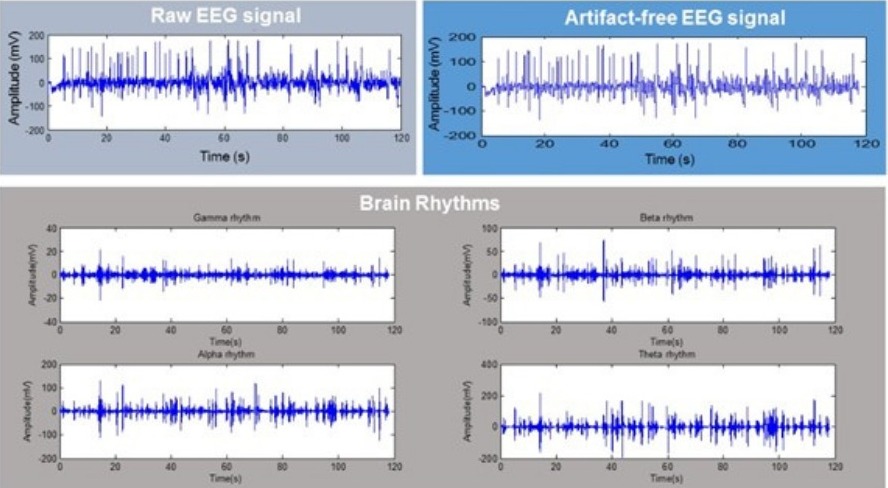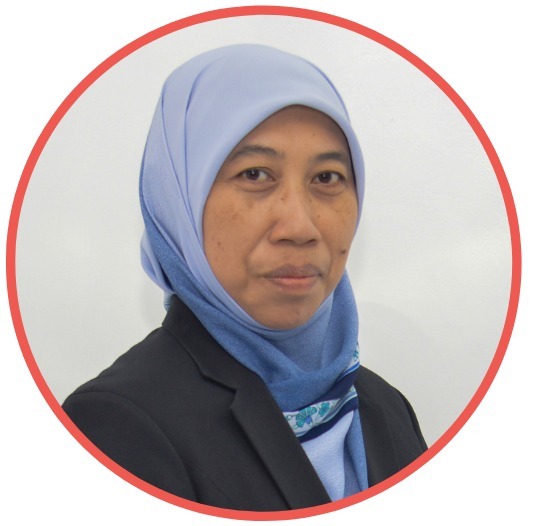In December 2019, the world was surprised by COVID 19, which affects almost all countries’ sectors. It also changes people’s old lifestyles into new norms that cause physical and mental disruption. During this pandemic, millions of people lost their loving family members, lost their jobs and assets, committed suicide, and business bankruptcy. Education institutions were also affected, where educators and students were required to teach and learn from home to decrease COVID-19 spread. Teaching and learning at home are not easy tasks, and they require a high level of patience and commitment. On the other hand, educators with families that need attention at home find it harder to focus on the required tasks.
Meanwhile, the student is burdened with many assignments, has difficulty understanding the learning topic, has limited access to the internet, and cannot use laboratory equipment to finish the assigned project.
This condition consequently led them to stressful situations and destructive emotions. Therefore, it should be immediately treated to avoid the severe mental breakdown that will negatively influence the psychological and physical state. Among the signs of people who have suffered a mental breakdown are feeling isolated, unable to concentrate on required tasks, moody, having hallucinations, paranoia, insomnia, headache, racing heart, sweating, and having thoughts of self-harm.
Several techniques can overcome this mental health issue: receiving counselling, practising deep breathing, meditation, exercises, talking with friends and family members, and creating a comfortable home or workplace environment. The easiest way to deal with a mental breakdown is to listen to a specific sound at a suitable volume level.
Mind therapy with audio stimulation may help the person emotionally, psychologically, spiritually, physically, cognitively, and socially. Generally, the audio or sound is classified into pleasant and unpleasant. Melodic sounds are frequently related to music, whereas unpleasant sounds come from noise. Commonly, the person will listen to the lovely sound to improve their mood and self-expression, increase their attention toward the task, and release stress.
However, does this pleasant sound have the best influence on a person’s mental state, and what effect does it have on human biology? A quantitative measurement through psychological research is required to scientifically understand the sound impact on human biology to answer that question. To date, the investigation into sound effects is still being conducted because it is still not completely clear and explains the influence, interaction, and impact it has on the human body.
Each sound has a different influence on the mental state, and it may generate both positive and negative effects and treat some diseases. The existing problem in research related to sound impacts is determining which sound is the best for treating mental breakdown. A person may assume that listening to a pleasant sound is the best option. However, specific research found that unpleasant sounds like white, ambient, and pink noise can positively affect emotion, memory, and cognitive processing more than music. Therefore, the efficient method to discover the best sound for the mental state is based on human biological signals or biosignal studies. The advanced development of medical tools aids researchers and scientists in learning about body changes. Biosignals such as brain oscillations, heart rate, skin temperature, respiration rate, skin conductivity, and body temperature can be measured and detected through these medical tools. Then, the detectable signals are required to be processed through a signal processing procedure to extract, analyze and interpret the included information.
Commonly, there are four primary stages: signal acquisition, signal transformation, features extraction, and features classification. Thus, to achieve the desired research outcomes, the researchers will deal with medical tools, subjects, stimulation material, and signal processing software. It will require the appointed researcher to know the electronic and signal theory, computer algorithm, and medical theory.
Universiti Teknologi Malaysia (UTM) offers a research program in electrical engineering specializing in biomedical signal and image processing to allow students to research healthcare. This program enables the student to conduct experimental-based research with complete instruments and a comfortable environment. The goal for selecting the best sound to listen to is to minimize the stress during the pandemic and any stressful condition.
It can be achieved through a systematic research framework. The research findings will help people understand the effect of listening to a specific sound on their mental state and body conditions based on biosignals. Therefore, it can recommend people with stress conditions and unstable mental states to listen to the suitable sound.
This sound can be therapy for them before, during, or after work and other activities, especially in this pandemic. It will prevent them from continuously taking medicine when they feel stress that may harm their health in the long-term prescriptions. Besides, the outcomes can also be used by psychology and clinicians that constantly deal with patients that suffer mental issues. Therefore, the findings will benefit people with mental problems and ordinary people.


